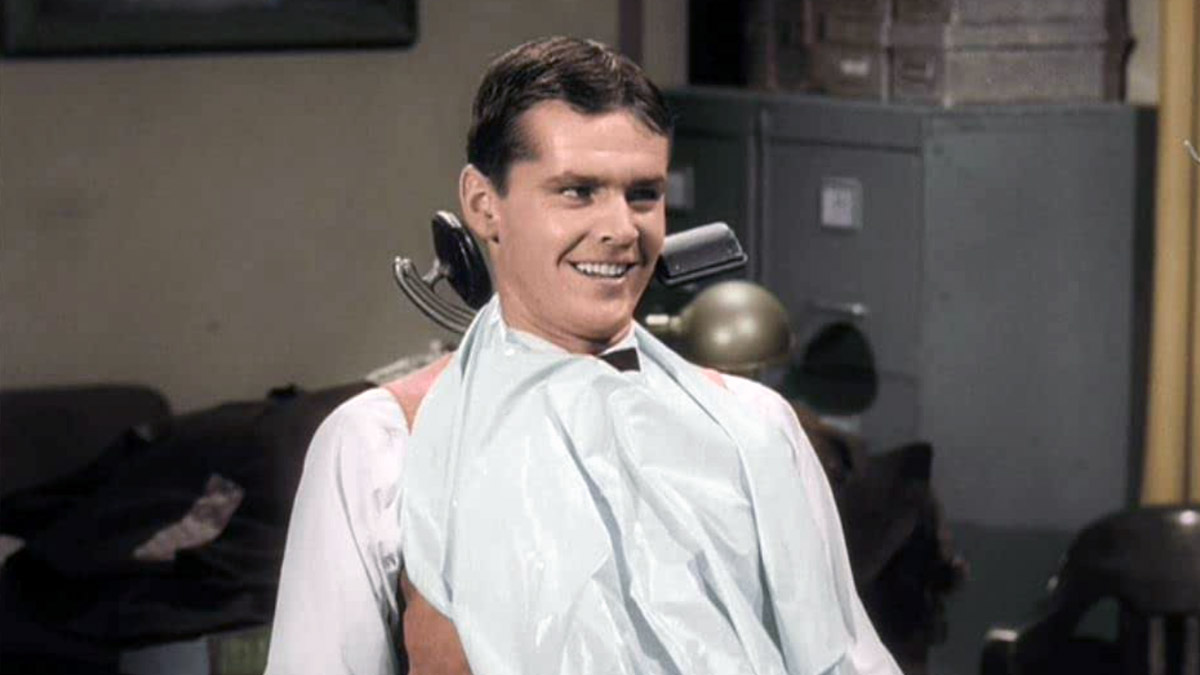Jack Nicholson, the legendary actor known for his outstanding performances in numerous films, including classics like “One Flew Over the Cuckoo’s Nest” and “The Shining,” turned down a significant role in “The Godfather.” In a viral video from 1982, Nicholson explains his decision during an interview with Ian Johnstone for BBC television.
When asked about turning down roles in both “The Godfather” and “The Sting,” Nicholson states that while he knew these films would be successful, he found “Last Detail” and “Chinatown” to be more interesting. Specifically addressing “The Godfather,” Nicholson reveals that he was offered the role of Michael Corleone but turned it down.
Nicholson expresses his desire to work with Marlon Brando as one of the reasons for declining the role. He mentions, “I always wanted to work with Marlon, and I was asked to play the lead in it, and A) I felt it should be an Italian person, and B) I didn’t have any scenes with Marlon in the script I read.”
Interestingly, Nicholson’s concern about not having scenes with Marlon Brando in the original script seems puzzling, given the significance of the relationship between Michael Corleone and Vito Corleone in the final film. Al Pacino ultimately played Michael Corleone in “The Godfather.”
It’s worth noting that Nicholson did eventually work with Brando in the film “The Missouri Breaks,” a Western released in 1976. In the interview, Nicholson describes Brando as a perfectionist based on their experience working together.
The video clip, uploaded by Historic Vids, has garnered over 3 million views. In the full interview, conducted in Nicholson’s home, there’s a humorous moment near the end when the phone rings. Nicholson answers the phone in a sly voice, reminiscent of his Joker character, revealing a personal touch to the interview.
While it’s challenging to imagine Nicholson as Michael Corleone, the choices made by everyone involved in these films, including Nicholson’s decision to pursue other projects, contributed to the success of each project in its own right.


